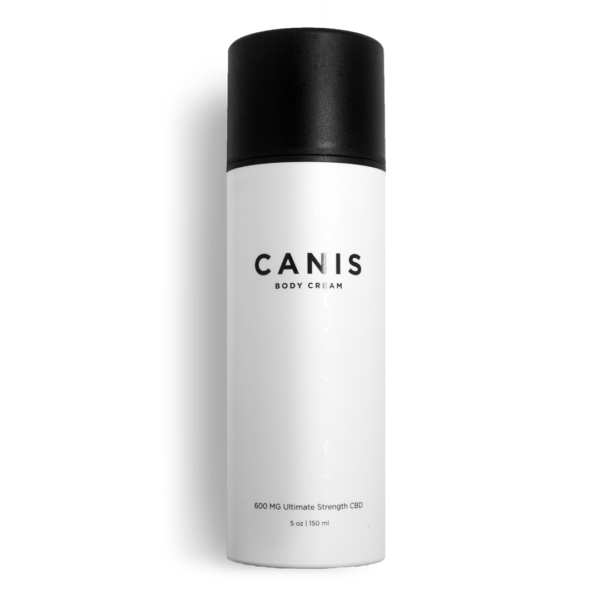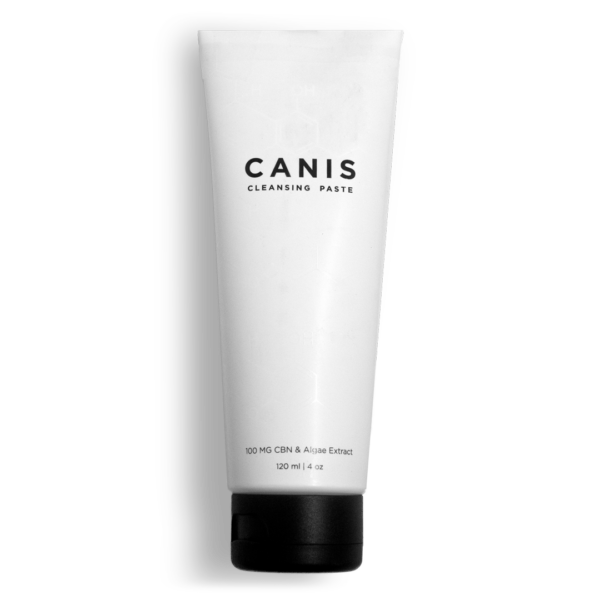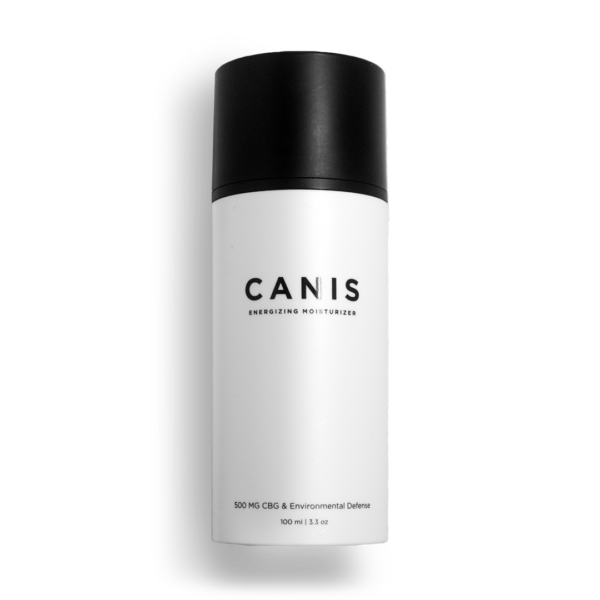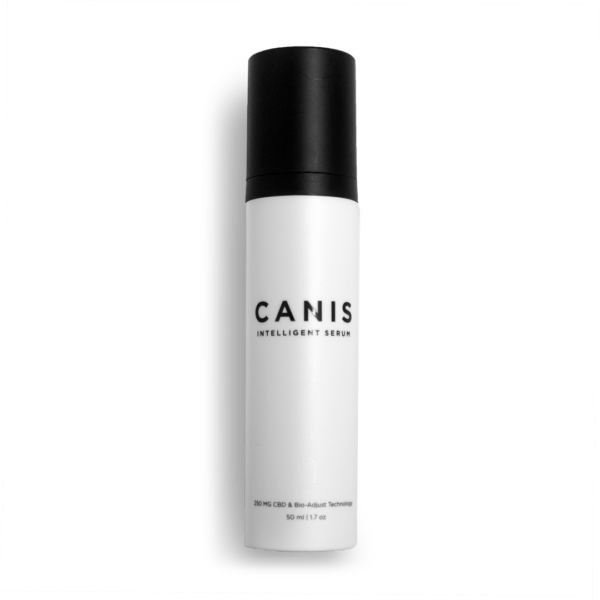Blog
Does Taking CBD Oil for Anxiety Work?

CBD oil has been used to treat anxiety for a long time, but it’s only recently become popular among people suffering from panic attacks, overthinking, worry, and anxiety. However, individuals have been seeking alternative or supplementary kinds of therapy for years.
It’s amazing that we didn’t start using CBD oil for anxiety earlier or more frequently given the continuing rise in mental illness.
In fact, the numbers on anxiety are enough to make you nervous: according to the Anxiety and Depression Association of America, over 40 million adults in the United States suffer from anxiety disorders—and despite the availability of effective treatments, just 36.9 percent receive treatment.
What are these 40 million adults doing when they’re anxious? They’re three to five times more likely to visit a doctor, but six times more likely to be admitted immediately to a psychiatric hospital than those who don’t have anxiety disorders.
Is it really true that all of these hospital visits and doctor’s orders are merely a waste of time? Is it making any difference, in reality, whether or not we receive anywhere with this behavior?
The sharp increase in people seeking alternative, natural, and holistic therapies answers this one with a resounding yes: not completely, no.
According to a National Center for Complementary and Integrative Health poll, 38% of Americans over the age of 18 and 12% of children use complementary and alternative medicine.
The responses from genuine Americans indicate that while just 50% of the population has yet to try or consider “alternative medicine,” the proportion of individuals who have utilized this complementary or alternative medicine, either in addition to or instead of traditional therapy, is near 49%.
The idea that enough time has passed for alternative medicine to be considered is generally accepted.
Coupled with the legalization of cannabis, which is sweeping the nation, there’s a new light shining on cannabis goods — including highly-effective CBD oil.
So let’s teach you how to use CBD oil to alleviate anxiety symptoms.
The Anxiety-Inflammation Connection
The gut and brain are intricately linked, according to research performed on the cytokine model of cognitive function. But it turns out that this also binds anxiety and inflammation inextricably.
At a fundamental level, anxiety affects our stomachs. We even have terms in the English language to describe those flitting feelings, such as “butterflies” or “knots” in one’s tummy. The link between the gut and the brain is a vital route to healing since our immune systems are housed in our bowels.
Oxidative stress can occur when inflammatory cytokines are imbalanced, interrupted, or released in the body.
Inflammation in the brain also inhibits serotonin and melatonin synthesis, despite the fact that tryptophan is required for both.
The collection of symptoms caused by these “anxiety-inducing” chemicals includes lethargy, anxiety, sleeplessness, social withdrawal, mobility and interest loss, and more.
In reality, numerous psychiatric researchers have discovered that individuals who have elevated inflammatory markers such as CRP are more likely to respond to anti-inflammatory medications than antidepressants.
Suddenly, it’s easy to imagine how individuals who suffer from such mental health problems as depression and anxiety, or behavioral, academic, or cognitive disorders like ADHD, dyslexia, and autism might be linked in a hidden manner to inflammation.
Oxidative stress can occur when inflammatory cytokines are imbalanced, interrupted, or released in the body.
Inflammation in the brain also inhibits serotonin and melatonin synthesis, despite the fact that tryptophan is required for both.
The collection of symptoms caused by these “anxiety-inducing” chemicals includes lethargy, anxiety, sleeplessness, social withdrawal, mobility and interest loss, and more.
In reality, numerous psychiatric researchers have discovered that individuals who have elevated inflammatory markers such as CRP are more likely to respond to anti-inflammatory medications than antidepressants.
Suddenly, it’s easy to imagine how individuals who suffer from such mental health problems as depression and anxiety, or behavioral, academic, or cognitive disorders like ADHD, dyslexia, and autism might be linked in a hidden manner to inflammation.
A Therapeutic Molecule
CBD, also known as “Cannabidiol,” an adaptogen, a regulator, and a modulator, is used to treat everything from anxiety to neuropathy. Why therapeutic? CBD is all about the encouragement of healing because it promotes healing.
- It can be used situationally to treat and reduce inflammation.
- It improves body balance, also known as “homeostasis.”
- It’s been used to treat auto-immune diseases including MS, colitis, liver disease, rheumatoid arthritis, and even cancer cells through a variety of anti-angiogenic strategies.
It’s like the “Clark Kent” of molecules — a one-man Boy Scout, with no black sheep. It’s also utilized as a “multi-target” healing molecule and an anxiety relaxant.
CBD interacts with a variety of receptors in the brain and body, as well as the endocannabinoid system.
CBD is a cannabinoid chemical that resembles THC, another cannabinoid chemical present in hemp and marijuana, and is frequently connected with the euphoric high that smoking it provides.
CBD, on the other hand, is not intoxicating in the same way as THC. It can positively impact one’s mood, not least because it restores the body to a healthy state.
It also has the ability to activate serotonin receptors 5HT1A and modulate GABA, which is involved in anxiety, as well as glutamate, an excitatory neurotransmitter.
As a result, the short answer is that CBD oil appears to be not only effective in treating anxiety, but also has the potential to become a key component in the treatment of various illnesses and conditions.
How CBD Oil Differs from “Marijuana”
Hemp is typically low in CBD, but high-CBD strains of cannabis are being cultivated. Cannabidiol (CBD) oil is one of around 60 to 100 cannabinoids that may be found in both hemp and marijuana.
The difference between these two plants is the amount of THC contained within them, which is believed to provide the psychotropic effects associated with a “high” for marijuana users or weed consumers who use it as a substance for that particular purpose.
There are numerous differentiators beyond the term “marijuana,” which refers to the Cannabis Sativa plant. To put it another way, cannabis plants grown with a THC concentration less than 0.3 percent are essentially hemp. Even in cannabis with high levels of THC, they may be bred to contain high amounts of CBD.
The cannabis plant, like all plants, includes over a hundred different chemicals known as cannabinoids. CBD is one of them. While marijuana promotes intoxication, CBD on its own does not make you high.
Cannabis of any type, whether high-THC or low-THC, can be bred to contain a lot of CBD—which means CBD oil, which is a concentrated version of the cannabidiol chemical, may also be produced from marijuana; however, it’s usually produced from hemp.
It might be possible to have no amounts of THC in CBD oil products, and it may be feasible to have some. Once again, this is determined by the manufacturers.
One of the most common concerns that individuals who suffer from anxiety have about using CBD oil to relieve their symptoms is that they were previously marijuana users.
Cannabis users were split over their experience using and smoking cannabis, which, recall, can have a wide range of THC levels in the “psychoactive” cannabinoid, the primary component of marijuana.
It’s fascinating to see that cannabis consumption is considered an important component of therapy by those who take it. Patients say that ingesting and smoking marijuana are frequently one of the few methods that helps them feel better and relax their symptoms entirely, often eliminating the effects of their epileptic episodes or pain entirely.
However, that isn’t always the case for individuals suffering from depression and anxiety.
Those who have already used marijuana, on the other hand, report similar experiences and reasons for their fear: They claim that when they smoked, they felt as though the “high” increased their anxiety rather than reducing it.
However, you’ve probably heard that CBD oil is not the same thing as THC oil or cannabis, and it generally comes from a different strain of the Cannabis Sativa plant (hemp) with no THC or extremely low amounts.
Let’s look at the experiences of two people who used CBD oil for anxiety. Did it soothe them or did it duplicate their marijuana experience?
Relaxing and unwinding but not leaving one’s mind
On the lifestyle blog My Domaine, Kelsey Clark shares all of the research her usually-anxious mind made her do before she was brave enough to use CBD oil for anxiety.
“I’m a ‘person who’s already predisposed to overthinking’ and stated that my experience with cannabis to manage my anxiety ‘typically put my mind into overdrive and resulted in a typical but dreaded side effect: paranoia,’ ” she wrote.
Not only does Ms. De Roo’s claims, of course, have basis in science, but they’re also supported by research. When it comes to comparing the impacts of THC and CBD, researchers discovered that THC boosted anxiety by stimulating neurotransmitters involved in our ancient brains’ “fight or flight” instinctual response.
CBD, on the other hand, inhibits autonomic arousal, which is a type of nervous system response characterized by rapid and sharp increases in heart rate and breathing.
Because CBD is a non-psychoactive and legal compound, it has a lot of possible uses. According to Ms. Clark, this makes CBD oil “ideal for anybody wanting to relax and unwind — not get out of their minds.”
What about her own knowledge? Ms. Clark took CBD oil once a day for seven days and found that, within 30 minutes, her body and mind were “slightly relaxed.”
“I felt relaxed—for the first time since I’d known him. My heart didn’t pound against my chest, my legs quit kicking beneath my sheets, and my thoughts stopped racing… Finally, physical relaxation gave way to mental relaxation, and I drifted off to sleep. ”
Ms. Clark also cites the following experience:
- “It made me less anxious and on edge”
- “I’m more focused at work”
- “I’m falling asleep faster”
So what’s her “final verdict”?
It may take time for overall change to occur in your life, as it did with Ms. Clark. She reminds readers that a complete transformation in her life didn’t happen all at once — just as it does for any natural treatment or vitamin. It takes time for the relaxation and “effects” to develop.
However, this is precisely why she selected it and continues to employ it — because it’s “all-natural treatment for anxiety.”
“Whatever is safe, legal, requires no prescription, and makes me less anxious, scatterbrained, and focused? I’m definitely interested.”
Subtle effects without side-effects
Nicole Richter, a freelance writer from California, was diagnosed with generalized anxiety disorder in her early twenties. While her anxiety does not manifest itself as a continuous, day-to-day problem, Nicole still wanted to find a technique to control her “irregular flare-ups” of worry or panic attacks.
But there was a caveat for Ms. Richter:
“I’ve always been very hesitant about taking prescription medicines to alleviate my condition, no matter how severe it is. I’ve only ever been given Xanax once, but I have never actually taken a prescription medication to cure my problem.”
Ms. Richter, like Ms. Clark, claims that smoking marijuana on various occasions seemed to exacerbate her anxiety — which made sense because high-THC strains are notorious for producing anxiety.
Ms. Richter tells us that, like Ms. Clark, the anxiety “melted away” gradually, and that it’s “hardly perceptible” because there were “zero bodily or mental symptoms”.
The best thing about it for Ms. Richter is that it accomplished a lot with very little effort: it had no side effects, was effective for a long time, simply blended into her daily routine, and didn’t have the chance of dependency — unlike her former one-time prescription for Xanax.
Taking CBD Oil for Anxiety: Quality, Dosage and Effects
To put it another way, like any supplement, the amount depends on concentration and this will be determined by the brand you choose, as well as the other oils in the tincture.
To maintain control of your health, start with a low dose of 10 milligrams and gradually increase this by five to ten increments over the following weeks or months. As with any all-natural medicine, consistency is essential for achieving results.
Some people also split the overall dosage into smaller portions throughout the day, instead of taking the entire 30 or 40 milligrams at once.
In general, CBD oil is quite safe, but you should check for any potential interactions with other medicines. If you’re taking it, inform your family or prescribing doctor.
In terms of quality, you should make sure that the CBD oil you’re buying has been third-party tested for potency and that the hemp was produced organically or acquired by the business.
Looking at Ms. Clark and Ms. Richter’s situations, it’s easy to see that the effects, while they’ll undoubtedly vary from person to person, are quite comparable. Both women mentioned experiencing the CBD oil’s onset and “slow” experience as pleasurable aspects.
It also depends on the oil’s THC content. While some people claim that their more obvious and severe symptoms, such as seizures, were relieved, others simply reported improved sleep, attention, and an overall sense of well-being.
Botanical drugs are not the same; however, their effects are quite varied. This implies that each individual may respond differently to it. The most essential thing you can do right now is simply observe how you’re responding and feeling about the oil.
To evaluate the effects of CBD oil based on dosage, day, time, and your own personal emotions that day, keep a journal or establish a tracking system. You may also rate your level of anxiety as part of this study. The more data you have on your CBD oil usage, the better you can judge how effective it is for you.
CBD oil is frequently used in combination with other essential oils and supplements, such as Lemon Balm, Ashwagandha (a very popular and well-known oil for stress relief), Lavender (used for sleep), or any number of different essential oils.
The popularity of tonics and oil mixtures stems from the fact that they combine all the benefits of essential oils with none of the drawbacks. We use a well-considered combination of essential oils designed to alleviate problems such as pain, inflammation, sleeplessness, or anxiety. Each blend has its own unique purpose.
Final Thoughts on CBD Oil For Anxiety
Overall, CBD oil is an excellent option for people looking for a natural way to reduce anxiety. It’s safe, effective, and has few side effects.
There are many different ways to take CBD oil, so it’s easy to find the method that works best for you. Start with a low dose and increase gradually until you find the dosage that suits your needs and your body.






